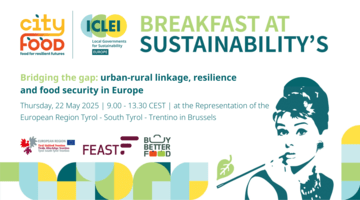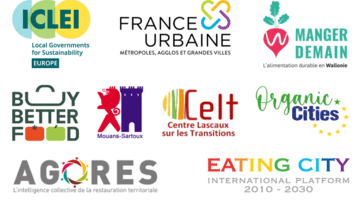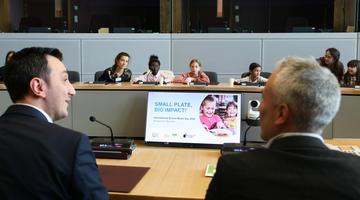Search the website
1 - 9 out of 73 results
Double strike for the International School Meals Day
To celebrate the Internation School Meals Day we organised two high-level events (one in Strasbourg and one in Brussels) to meet several MEPs from different parties and three European Commissioners, working respectively on Health, Agriculture and Youth. During the events youth from 9 to 17 years old, handed over the Petion for Healthy school meals for all children, with its +100.00 signtures, to the politicians, while ICLEI Europe advocates called for a broader uptake of the European Child Guarantee.
On the 25th of March Buy Better Food met with the other Urban Agenda Parnership on Food's stakholders to define the action plan setting, including, among other priorities, the promotion of sustainable food procurement.
Directive revision and supportig local actions in Belgium
The European Directive on Public Procurement has been opened to public consultation and, together with the EU Food Policy Coalition, we developed a template to assist NGOs in responding to the consultation and improve the legislation.
On the 19th of February we presented the Sustainable Food Procurement Manifesto plus some good practices to some partners of École à table (EAT) to support their mission to improve access to quality school meals. EAT's objective is to leverage the power of public canteens to simultaneously address public health issues, support the most vulnerable families and increase the chances of success at school.
Led by:
Funded by:











